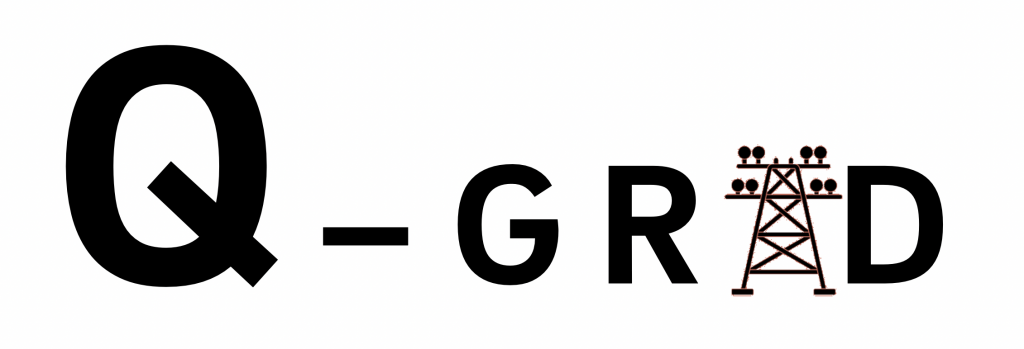Project Q-Grid, E.ON Digital Technology

The currently available quantum computers are referred to as quantum computers of the NISQ era (Noisy Intermediate-Scale Quantum), as they are limited in size and prone to errors and noise. Due to these characteristics, hybrid approaches combining classical computers and quantum computers are considered a promising direction for realizing practical applications on current quantum hardware. This project aims to explore the fundamental applicability of quantum computing to issues in the energy sector. Typical issues include grid optimization involving many local sources and consumers. The significant challenges of quantum computing in the NISQ era are to be identified before practical deployment. Therefore, the project pursues three main goals: First, novel quantum-assisted algorithms are to be developed for use cases under the overarching theme of “optimization of distributed energy grids.” Second, the development of an automatic preprocessing interface is planned, which can decompose overly large optimization problems. Third, a benchmarking system is to be developed. This benchmarking system should enable the execution of automated test series to evaluate various quantum-assisted algorithms against classical optimization algorithms, thus identifying potential quantum advantages.

